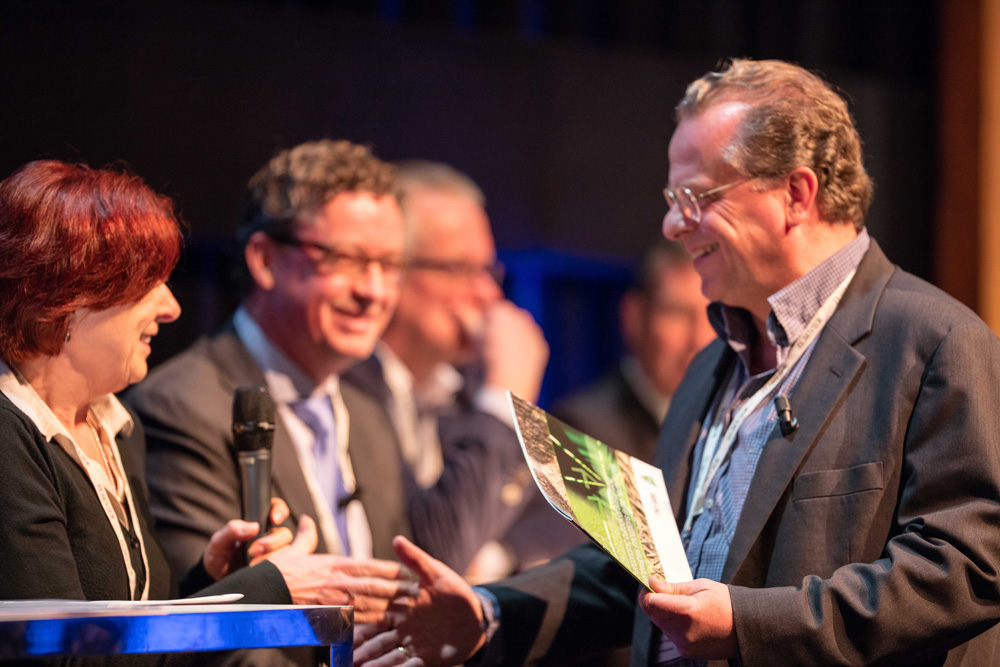Luuk van der Wielen (BE-Basic) is co-chair of Eco-Bio 2016, the first edition of a conference, jointly organized with Elsevier Science. Roughly 380 attendees will be present, mostly researchers, but also representatives from the industry, such as DSM, Lanzatech or Corbion. ‘The emphasis is on science’, Van der Wielen says. ‘We need both curiosity driven science and application research. The first type of research is needed to facilitate radical changes. Whether this type of research is funded by the industry, is not important. This has no bearing on the quality of the research. However, the angle of the research will determine which paths are travelled and which aren’t.’
Solid science
Nevertheless, solid science is needed to facilitate discussions and informed decision making on various levels (industry, government et cetera). ‘There has been (too) little attention given to research focussed on the effects of certain policy changes. Too often assumptions are being made, without supporting data. This is a worrying development, especially given the fact that the stakes are high. We need to address climate change in a concerted, well-prepared manner and not make ill-informed decisions in a relatively early stage.’
Van der Wielen finally appeals to the scientific community to keep the discussion factual/science based. ‘Those working at the difficult and sensitive public/private interface already have the spotlight of media and public opinion on them. They don’t need scientific colleagues who judge their work on the basis of their position at the public/private interface instead of on hard scientific evidence. I have some difficulty with the ethics of that.’



